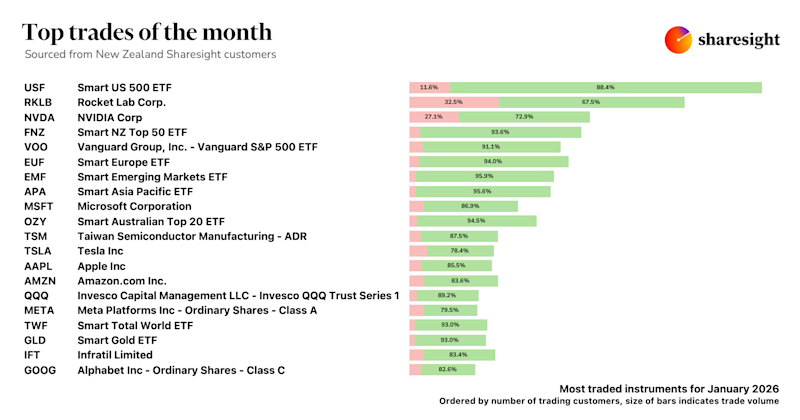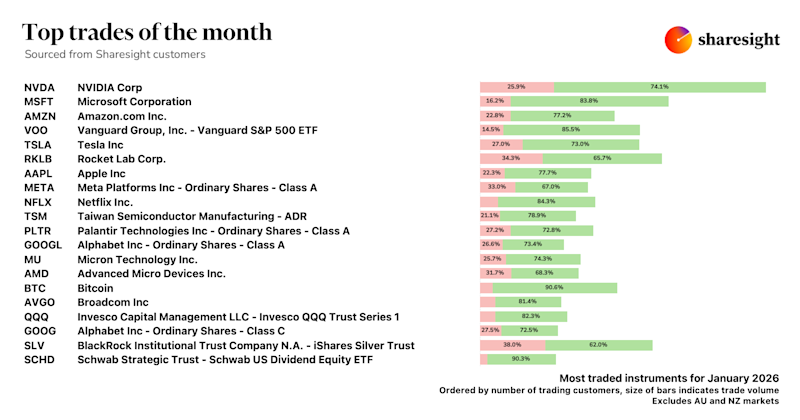Next Bank Sydney: Wrap-Up
We were recently invited to Next Bank Sydney (now Next Money) -- a conference curated and run by banking practitioners with the aim of covering the very latest thinking in financial services.

Here are some of the points that really stood-out from our perspective:
1. Ecosystems are better for everyone
A major theme throughout the day was the importance of encouraging openness and the ability to connect with best-of-breed partners. From iTunes to app stores, whether they even realise it or not, users have already embraced the ecosystem model, but we love the way that Macquarie's Allan Foster highlighted the ecosystem movement by referring it as "Modular over Monolithic":

In terms of tangible ecosystem success stories, cloud accounting superstars Xero lead the pack. Xero Australia CEO echoed the importance of the ecosystem when he said "Our API enabled us to grow, and enabled our partners to grow". Full-disclosure: we're rather biased by being not just part of the Xero ecosystem, but also by being named Australian Add-On Partner of the Year. But with all the success that Xero has had over the past few years, it's nice to see that they attribute so much of their success to their partners. And with all the add-ons and integrators that have sprung up in recent years, there's no doubt that the feeling is mutual!

2. Data Ownership
Another common theme that came up was the question of "who owns the data". Because Sharesight relies on client-imported data, we could over-simplify things by saying: the client owns the data! However, we like the way CEO of Xero Australia Chris Ridd put it when he said "we're custodians of data."

Overall, our feeling is that big data, when used in the right way, helps to further improve user experience. But companies of all sizes must do their best to protect and respect customer data. As one audience member commented "If we go over that creepy line, we're never going to get back the trust that we've betrayed."
3. If you build it, they will come
One of the highlights of the event from our perspective were the talks and panel discussions by some of the leaders in the disruption trenches -- the hubs and accelerators supporting and mentoring the next generation of fintech players.
Craig Dunn, chair of Sydney's newest fintech hub Stone and Chalk gave an impassioned talk on the potential for Sydney to become a global fintech player. And Toby Heap from AWI Ventures (now H2 Ventures) predicted that many more accelerators will spring up by 2020, helping to launch as many as 40 new fintech companies per year. Tyro FinTechHub's Andrew Corbett stressed the importance of mentorship by saying that "fintech hubs must be led by other fintech entrepreneurs." Overall the sense was that you must balance finance & tech experience. As a company founded by an accountant & engineer, we couldn't agree more!
With the majority of the speakers during the day coming from the big banks (or the digital agencies who work for them), it was nice to hear from some of the people working to really disrupt the industry and support budding fintech companies. We'd love to hear from some of those startups next year.
The event closed-off with Bank Innovators Council co-founder JP Nicols stressing the importance of “finding the others" and disrupting your company’s "business prevention department." It was a nice reminder that no matter what kind of company you work for -- whether a big bank or a nimble startup - it's possible to work towards common a goal to effect small but impactful change.
Thank you to Next Bank and Macquarie for putting on such a great event! If you have a moment, check out the live-tweets from the day.
FURTHER READING

Sharesight product updates – February 2026
This month's key focus was on the rollout of the new Investments tab to all users, along with various enhancements across web and mobile.

Top trades by New Zealand Sharesight users — January 2026
Welcome to the January 2026 edition of our trading snapshot for New Zealand investors, where we look at the top 20 trades made by New Zealand Sharesight users.

Top trades by global Sharesight users — January 2026
Welcome to the January 2026 edition of Sharesight’s trading snapshot for global investors, where we look at the top 20 trades made by Sharesight users globally.